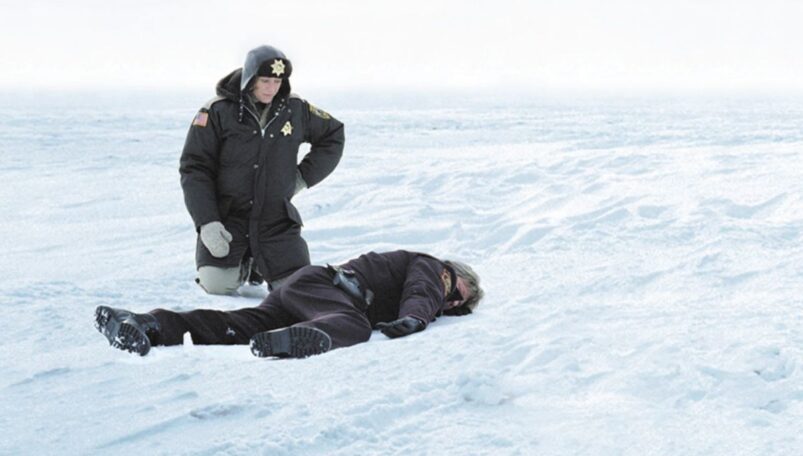Classic noir holds a natural place in my heart. Films featuring directors like Robert Siodmak and Jacques Tourneur, or actors such as Veronica Lake, Robert Mitchum, Sterling Hayden, or Gloria Grahame. Neo-noir found its footing in the 70s and 80s, combining traits of the noir genre with more modern attitudes and ideas about the state of the world. Dark, dangerous stories of betrayal, desperation, and often love swirled with a certain singular madness are always going to have a place in filmmaking it would seem.
I could write a few dozen columns on neo-noir. For now, let’s just go with seven of my favorite examples. I’m including anything that was at one point categorized as neo-noir. Meaning I’m up for discussing films released before I was born. Just keep in mind that we’re not covering my seven favorites of all time. I’m just picking and choosing among the long list of possibilities.
You can be sure we’re probably going to revisit this topic at some point in the future. My compulsion to discuss every single neo-noir film I like will probably be too much to ignore.
1. Sin City (2005)
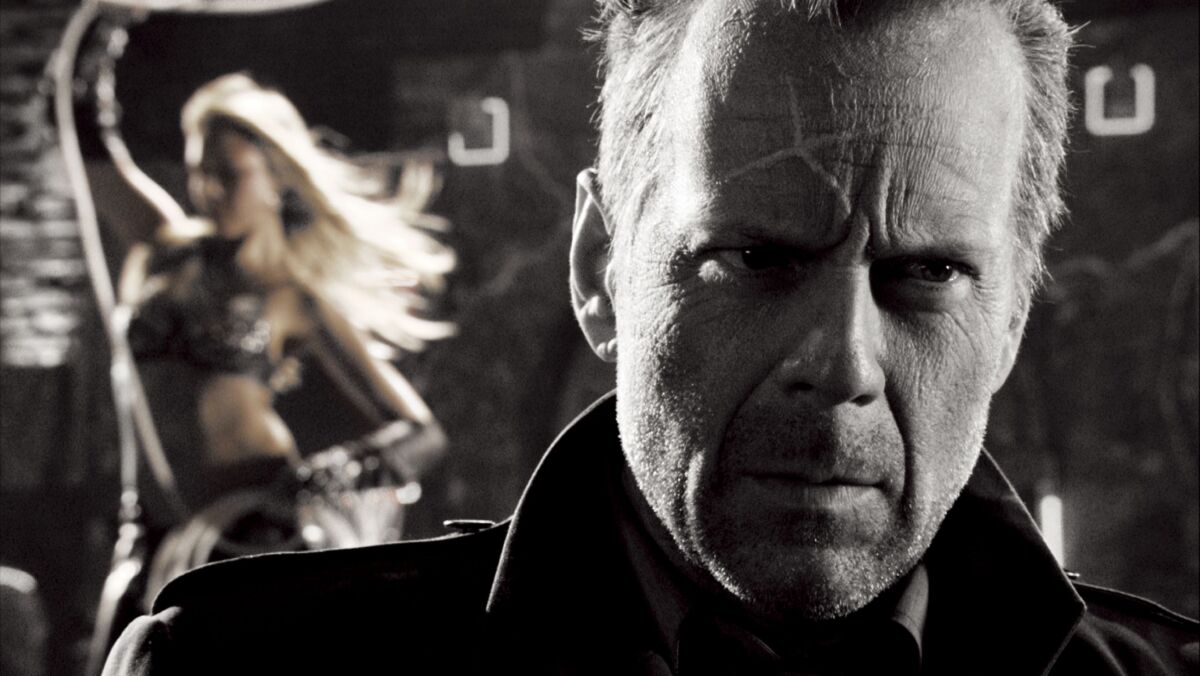
Directors: Robert Rodriguez and Frank Miller
Although it’s a bad idea to let Frank Miller direct a movie on his own, Robert Rodriquez making the writer and artist an active collaborator in the cinematic adaptation of his famous comic book series was a good call for everyone involved.
Sin City is a visually powerful product of its source material, presenting a comic book vibrancy with deep stains of black and white griminess. This is a world of crooked cops, femme fatales, kind-hearted criminals, and varying ideas of redemption. The characters and situations are less original than how they’re presented, which Rodriguez as a filmmaker helps to transform into one of the best comic book adaptations ever made.
Sin City features several stories and characters in a city of crime, vengeance, and all the other fun stuff you get with neo-noir. There’s occasionally some overlap, but I still like this movie best when it’s Bruce Willis playing the last decent cop in town.
2. No Sudden Move (2021)
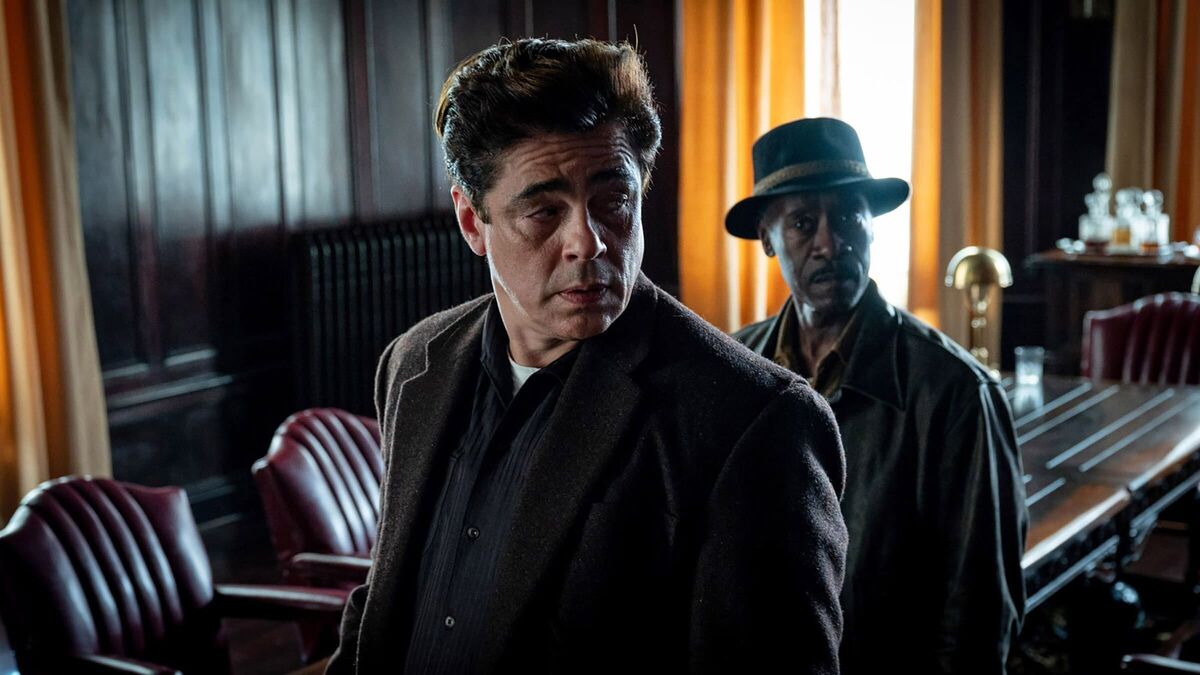
Director: Steven Soderbergh
One of the many projects completed by Steven Soderbergh since his “retirement” in 2013, No Sudden Move proves neo noir is alive and well. Rooted firmly in the moodiness, atmospheric social commentary, and dark humor that makes this story of a simple document heist gone horribly wrong a period piece, the movie was one of the best movies I saw in the early months of the pandemic.
There’s something about being noticeably cut off from routines and the world around you, and then watching a movie filled with mostly deceitful criminals trying to outpace, outwit, or merely survive. No Sudden Move features a sprawling cast across a twist-heavy narrative, featuring such names as Don Cheadle, Julia Fox, and Brendan Fraser, among others.
It was bizarre at times to see a movie with so much vibrancy and humanity (however flawed) at a moment in reality where it seemed to be in diminished supply. You can do worse for company than a Steven Soderbergh ensemble piece.
3. The Long Goodbye (1973)
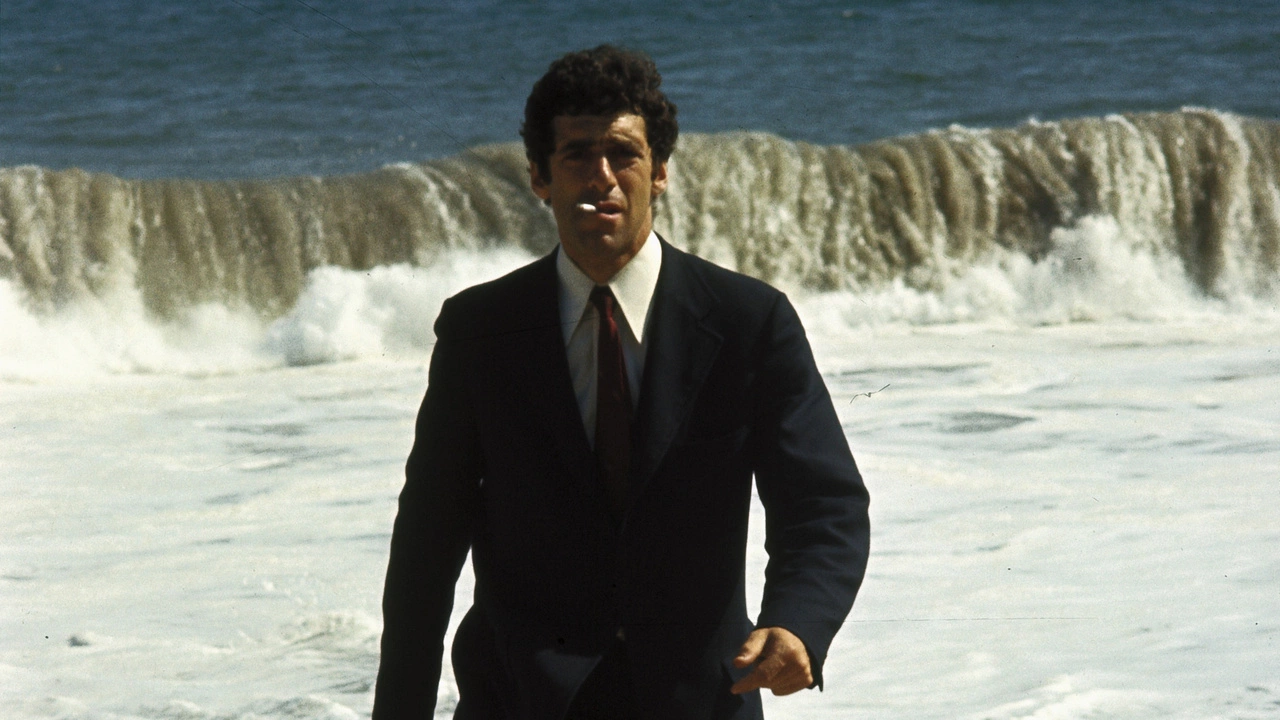
Director: Robert Altman
If I ever get around to favorite openings for movies, there’s a good chance we’ll have to talk about Robert Altman’s 1973 neo-noir masterpiece The Long Goodbye once again.
The movie is notable for being one of the most striking examples of neo-noir, made more interesting by the fact that it literally reimagines a definitive classic of noir literature in the then-present time of the early 1970s. Elliot Gould’s approach to iconic private detective Phillip Marlowe is not dissimilar to the wry, weary, and brilliant smartass other people have portrayed him as in the past. It’s just everything else around Marlowe that’s decidedly modern.
It’s hard not to love that sort of story when it’s done well. Not only is it perfect here as a fish-out-of-water story, but The Long Goodbye is also a really good detective story. Marlowe’s investigation into the mysterious death of a friend can be riveting stuff in any era.
4. Fargo (1996)
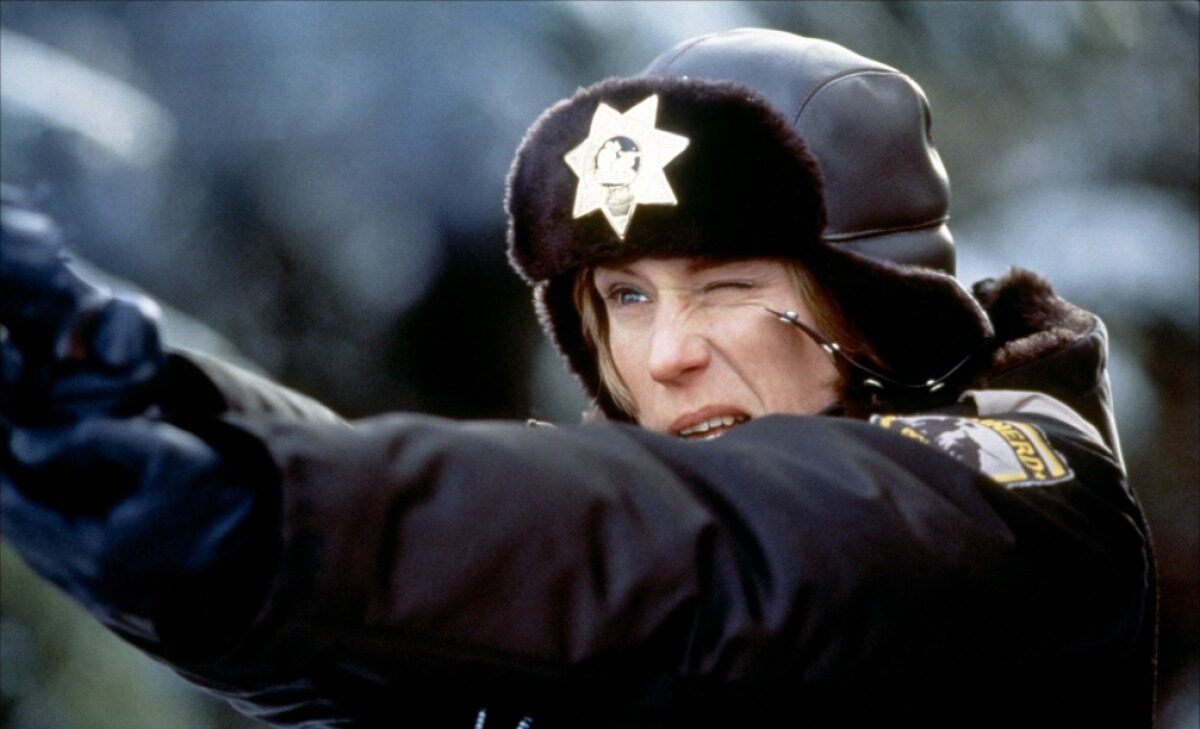
Directors: Joel and Ethan Coen
If I look back on the years spent watching noir and neo-noir movies, I will venture the guess that it began with the Coen Brothers.
Their films have been part of my life for as long as I’ve been watching movies, since my mom was a fan, and didn’t think it was a big deal if a little kid saw Blood Simple, Raising Arizona, or Fargo when I was 11 or so. It wouldn’t be much of a look at my favorite neo noir movies, which I’ll contend are also some of the best of the genre, if we didn’t talk about Fargo. It might be my favorite of their mark on this particular genre.
Many of neo-noir’s best employ humor to some degree. Fargo has more than most, but doesn’t forget its darker ideas, combined with a wonderful and unusual protagonist in Brainerd, Minnesota Police Chief Marge Gunderson, who Frances McDormand won an Oscar for portraying.
5. Drive (2011)
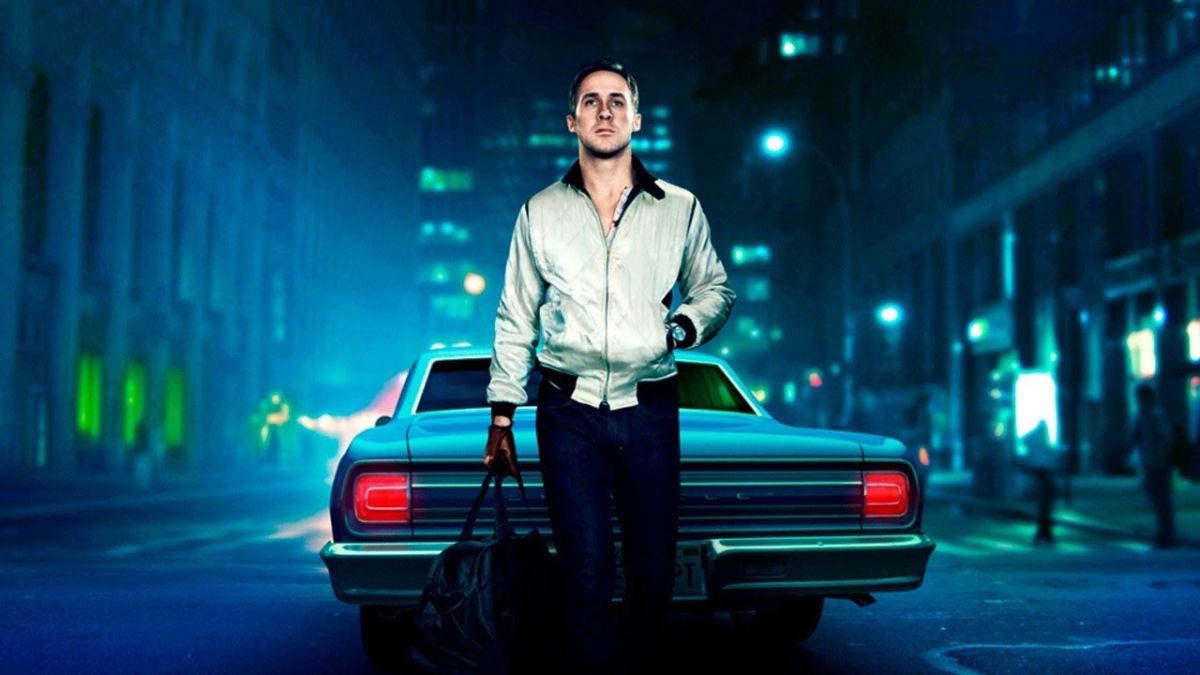
Director: Nicolas Winding Refn
A man known only as the Driver (Ryan Gosling) tries to live an uncomplicated life as a stunt driver with racing aspirations. His work as an occasional getaway driver was bound to screw things up sooner or later, and the highly stylized Drive picks up just before the Driver hits a point of no return.
Drive isn’t a particularly complicated or twist-laden experience. It tells a neat, simple story with beauty and violence, a memorable soundtrack, and perfectly orchestrated performances from Gosling, Carey Mulligan, and Albert Brooks in particular.
Drive is a noir story with an optimistic streak that runs through even its darkest moments. This makes the film a little different from other examples, as the people who populate these stories tend to meet an unfortunate, but understandable demise. Drive is a story about consequences, but it’s also about the opportunity to make the right choice at any given moment.
6. Chinatown (1974)

Director: Roman Polanski
Chinatown is the story of a private detective who discovers a vast, ravenous conspiracy at the heart of a seemingly simple adultery in Los Angeles. Almost everyone of a certain age knows Chinatown, particularly the performances by Jack Nicholson as the private detective J.J. “Jake” Gittes and Faye Dunaway as a woman with more than a few dark secrets on hand.
The film spirals into more than just a simple story of murder and greed. It becomes a story of one of the essential ways in which modern American cities were built, and how people go about becoming powerful enough to control and profit from the wave of the future.
As Jake gets in over his head, as we all know he will, I still watch with intense fascination to see what’s going to happen next. Chinatown shows just how far back neo-noir goes, but every viewing feels like it’s a new release I’m seeing for the first time.
7. The Big Lebowski (1998)
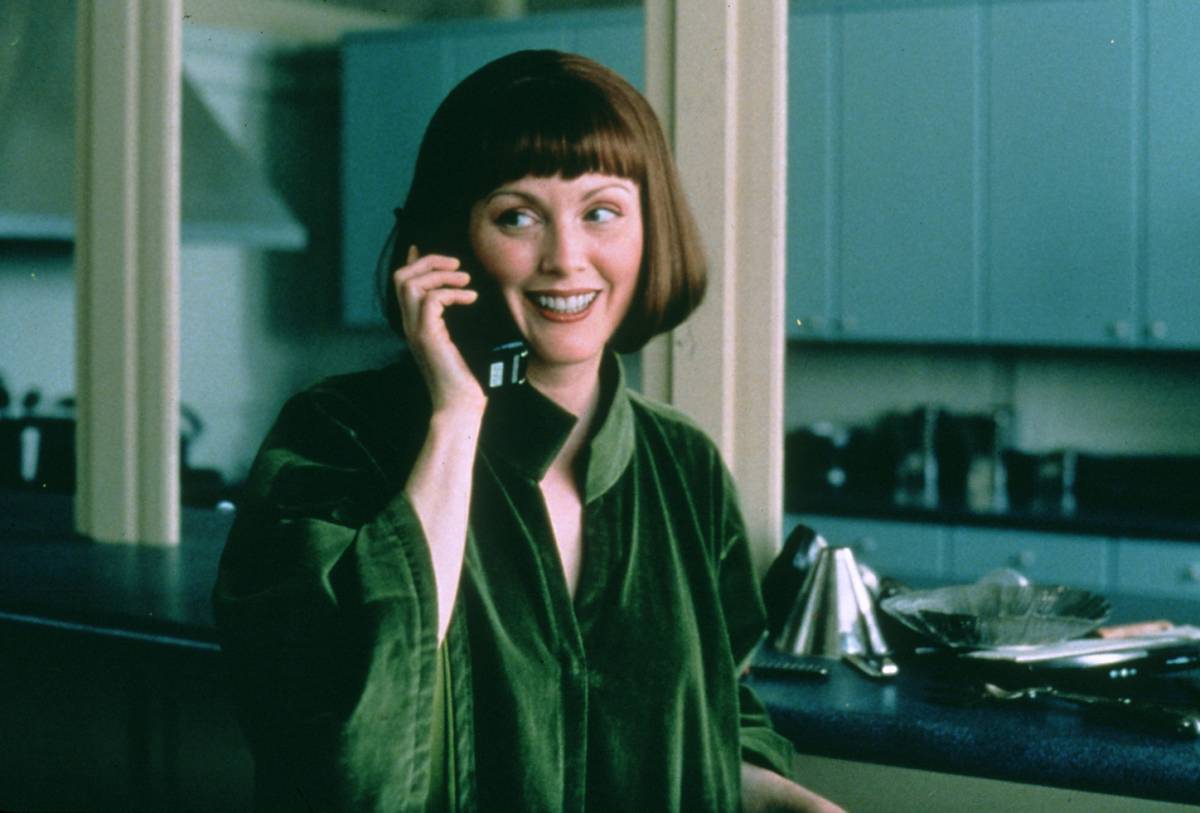
Director: Joel and Ethan Coen
Although this list is not ranked, I can safely say The Big Lebowski would be at least a contender for my favorite neo-noir film of all time.
A true cult classic with a surprisingly durable cultural impact, The Big Lebowski was the first Coen Brothers movie I distinctly remember watching on my own. It’s another seemingly simple story that proves to be relentlessly complicated and dangerous for its protagonist. In this case, our antihero is a decent enough aging stoner known as The Dude (Jeff Bridges). The Dude seems content to glide through life vibing and writing checks for a carton of milk at the local Ralph’s grocery store. Then a simple misunderstanding changes his life in surreal, hysterical, and sometimes even saddening ways.
The Big Lebowski starts out as a stoner comedy, and then becomes a stunningly funny example of noir tropes being experienced by some fairly eccentric individuals. In some ways, it could even be a spiritual sequel to The Long Goodbye.
READ NEXT: Make the Case: 5 Movies Set in Florida
Some of the coverage you find on Cultured Vultures contains affiliate links, which provide us with small commissions based on purchases made from visiting our site. We cover gaming news, movie reviews, wrestling and much more.


